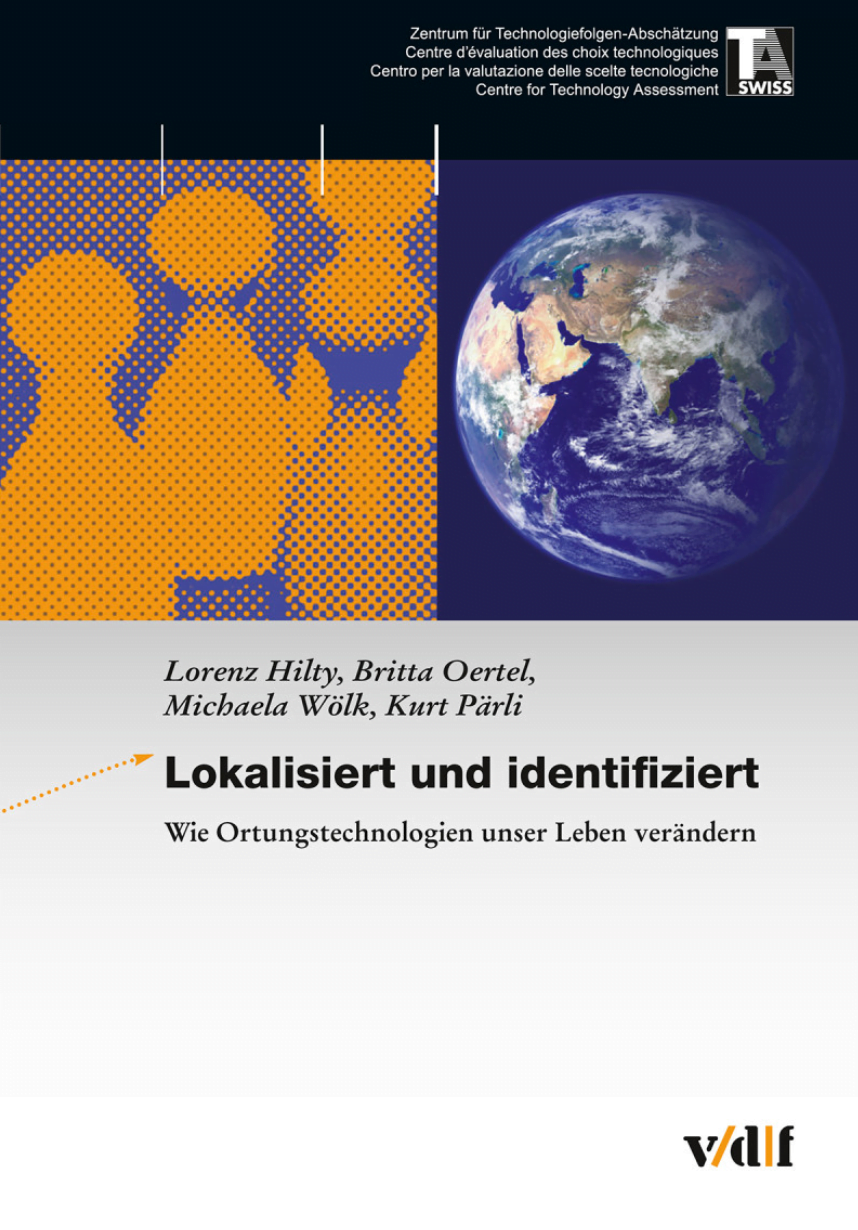Localised and identified
Abstract
More and more everyday activities are leaving behind data traces that provide information about where we have been and who we are in contact with. Whether we make a mobile phone call, access the internet, are captured on a video camera, upload a photo to an internet platform, open a door with a chip or make a cashless payment: This almost always generates data that can be combined into movement profiles and allow conclusions to be drawn about our life situation.
In addition to satellite positioning using GPS, there are more than a dozen technologies that indirectly allow people to be located. What social opportunities and risks result from the spread of these technologies? Who can collect, store, process, pass on or delete location data and under what conditions? What measures can citizens, companies and legislators take to prevent the misuse of tracking data and promote the democratic use of tracking technologies in accordance with the rule of law?
The book analyses the situation in Switzerland, taking into account developments in data protection in the European Union and the Council of Europe.
